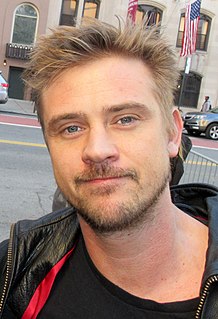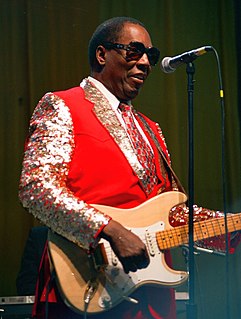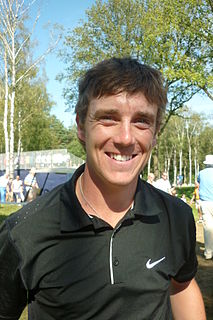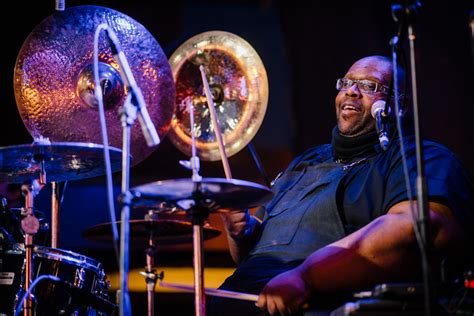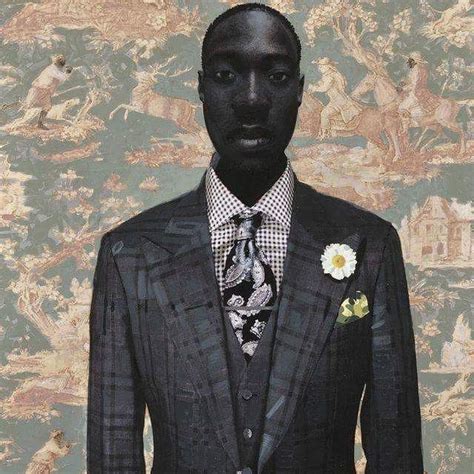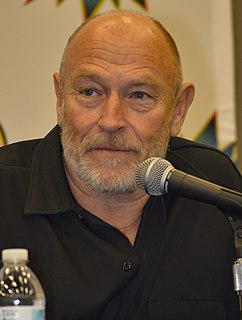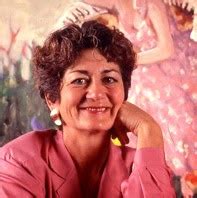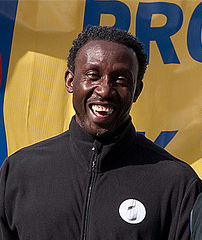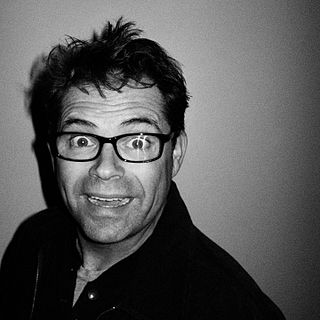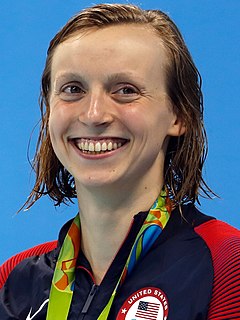A Quote by Boyd Holbrook
I spent three months with a physical therapist understanding what a stroke is. I asked, 'What is a stroke?' I didn't really know. It's okay to mimic something, but I really needed to understand the signs.
Related Quotes
Life is better than death. But death comes eventually to everyone. It is something which many in their prime may prefer not to think about. But at 89, I see no point in avoiding the question. What concerns me is: How do I go? Will the end comes swiftly, with a stroke in one of the coronary arteries? Or will it be a stroke in the mind that lays me out in bed for months, semi-comatose? Of the two, I prefer the quick one.
